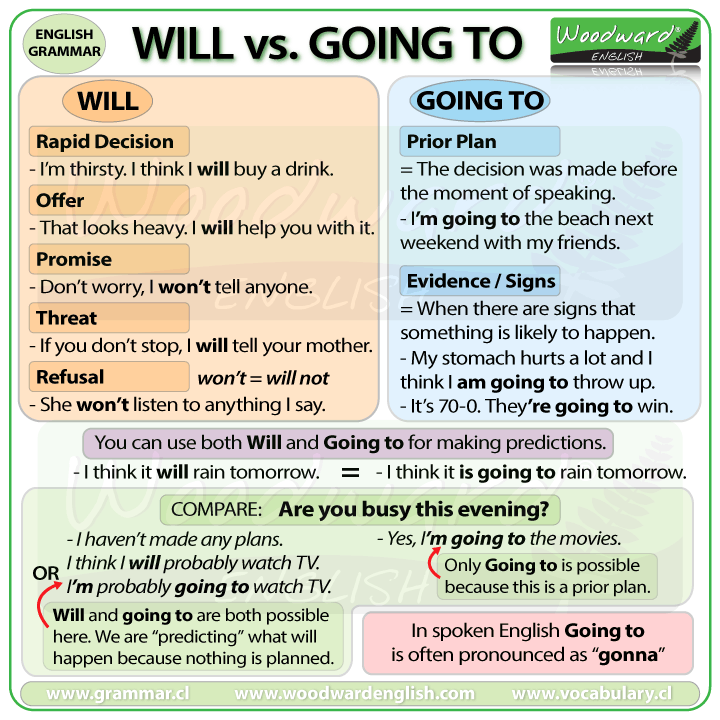Para escribir una carta en inglés hay que seguir una serie de pautas, la forma en que se ponen los elementos es muy importante.
para esta carta que vas a escribir hazlo de forma sencilla, con frases cortas. Si la carta es informal puedes usar contracciones isn't, aren't...
pero si va dirigida a una entidad o es algo más formal no se deben usar contracciones.
1.- ¿Quién escribe la carta?
en las cartas formales la dirección suele ponerse en la parte superior de la derecha.
2.- La fecha.
Se escribe en la parte superior derecha y se puede hacer de varias maneras:
02nd October 2017
October 02nd, 2017
2 Oct 2017
02/03/17
3.- ¿A quién va dirigida?
se usa en las cartas formales, suele escribirse el nombre y la dirección a la que va dirigida.
4.- El saludo.
Dear Sir (carta formal cuando va a un hombre)
Dear Madam (carta formal cuando va a una mujer)
Dear Sirs (carta formal cuando va a una empresa)
Dear Mr White (carta formal cuando va a un hombre y se incluye el apellido)
Dear Mrs White (carta formal cuando va a una mujer y se incluye el apellido)
Dear Jack (carta informal cuando va a una persona conocida e incluimos el nombre)
5.- El cuerpo de la carta.
El primer párrafo que escribimos indicará EL OBJETIVO de la carta, a partir del segundo se explicarán LOS DETALLES y en el último párrafo especificamos LA ACCIÓN que se desea.
en caso de esperar una respuesta a nuestra carta podemos incluir esta formula como ultima frase:
I look forward to hearing you soon
6.- final.
la formula final de la carta tiene que ver con el tipo de saludo que hemos utlizado por lo que si usamos:
Yours faithfully/trully (es para carta formal y se pone si usamos Dear Sir / Dear Madam / Dear Sirs)
Yours sincerely (es para carta formal y se pone si usamos Dear Mr White / Dear Mrs White)
Yours (es para carta informal)




